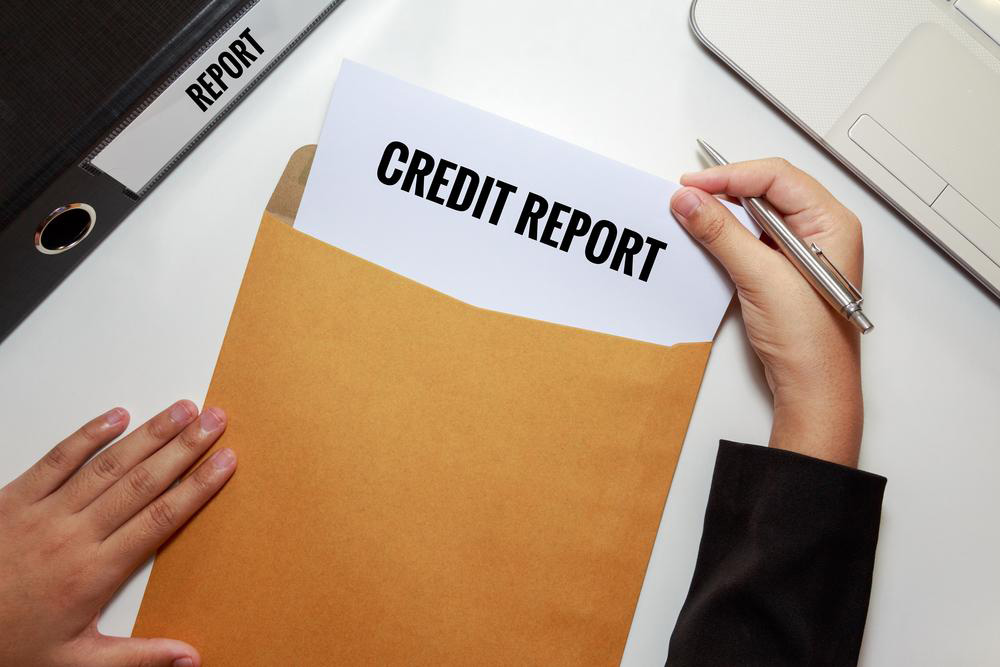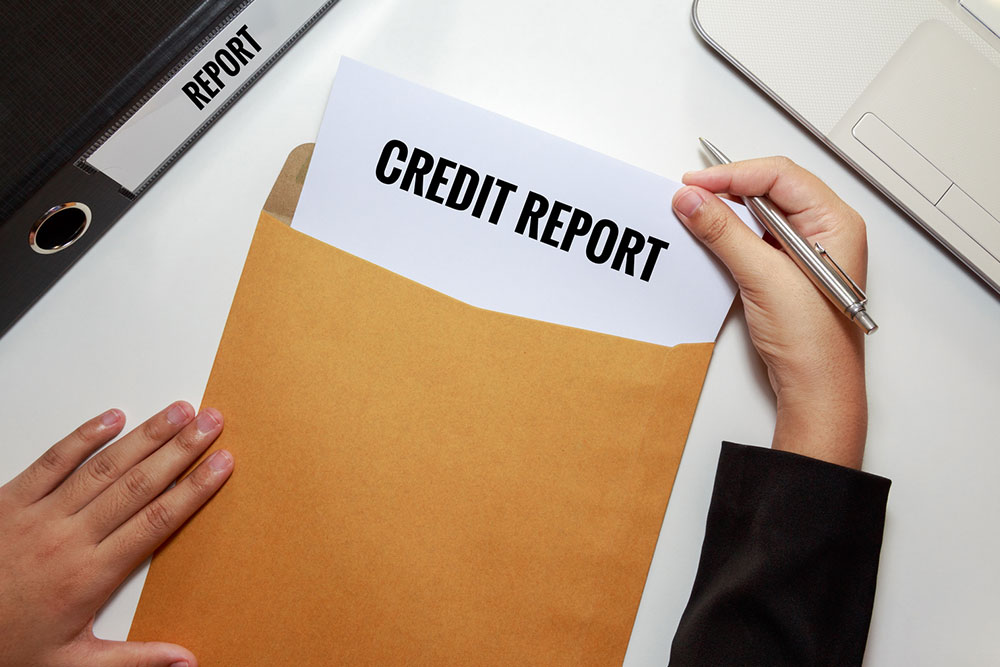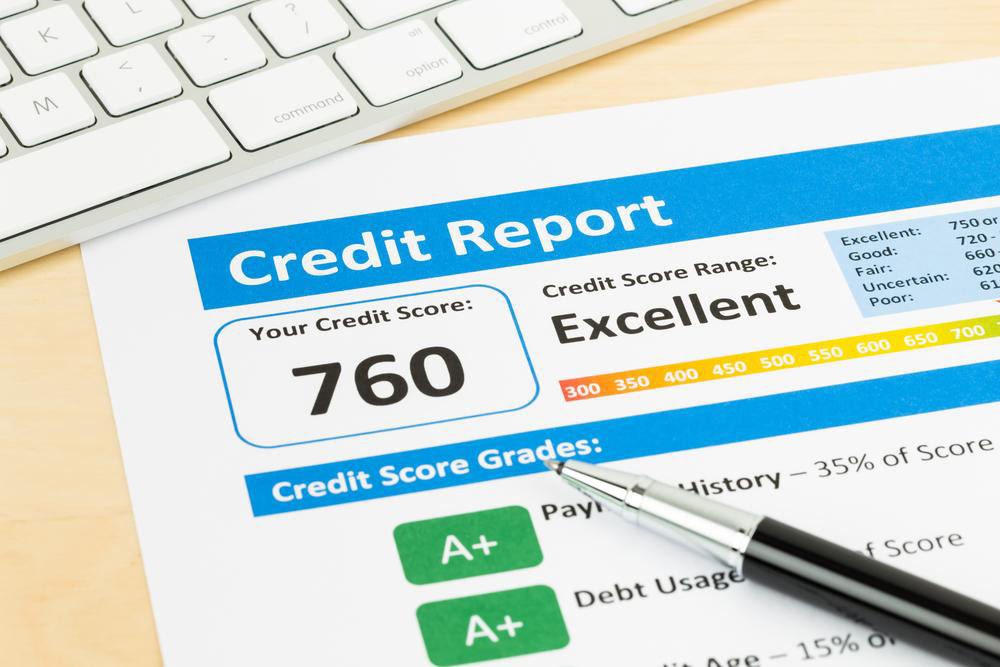Comprehensive Guide to Credit Reports: Understanding Their Importance and Functionality
This comprehensive guide explains the importance of credit reports, their structure, how to access them, and the roles of major credit bureaus. Understanding these elements helps individuals monitor their financial health, improve credit scores, and make informed borrowing decisions. Whether you're seeking a loan, rental, or employment, knowing your credit report is essential for financial success.

Comprehensive Guide to Credit Reports: Understanding Their Importance and Functionality
A credit report is an essential document that provides a detailed record of an individual's financial history. It encapsulates a wide range of information that helps banks, lenders, landlords, insurers, and employers evaluate the financial reliability and creditworthiness of a person. From personal details like name and address to detailed credit activity, payment history, balances, and public records, a credit report offers a complete picture of a person's financial behavior. Understanding how these reports work, what information they contain, and their impact can significantly influence your financial opportunities and decisions.
Most individuals have multiple credit reports due to various data sources, and these reports significantly influence key financial aspects such as loan eligibility, approval amounts, interest rates, and even employment prospects. It's crucial to comprehend the structure of a credit report, which is generally divided into four main sections: personal information, credit accounts, public records, and credit inquiries. Negative information, such as missed payments, defaults, or debt collections, can remain on your report for several years—up to 7 years for most negative data and up to 10 years for bankruptcies—potentially affecting your financial future.
Why Are Credit Reports Crucial in Today's Financial World?
Credit reports serve as vital tools for financial institutions, landlords, insurance companies, and employers to assess an individual's trustworthiness before approving loans, rental applications, or employment positions.
This report acts as an indicator for lenders to gauge risk, determine borrowing limits, and set appropriate interest rates based on your credit behavior and payment patterns.
How Do Financial Institutions Access Your Credit Report?
Lenders typically obtain credit reports by purchasing them from credit bureaus such as Experian, Equifax, and TransUnion. They pay a fee for each report, which allows them to review your financial history.
These credit bureaus operate as independent agencies, earning revenue through service fees from lenders, governments, and other clients.
Sources of Data for Credit Reports
The data included in credit reports is collected from various sources, such as banks, credit card companies, collection agencies, and public records like bankruptcy filings and court judgments.
Credit bureaus analyze this information to compile comprehensive reports that reflect an individual's creditworthiness based on their financial habits.
How to Access Your Credit Report
Every individual has the legal right to request a free copy of their credit report from each of the three main credit bureaus once annually. This can be done through a dedicated government website, AnnualCreditReport.com.
Regularly reviewing your credit report helps you monitor your financial health, detect errors, and dispute inaccuracies that could harm your credit score.
Major Credit Bureaus and Their Role
Experian, headquartered in Dublin with operational centers in the UK and US, manages data for millions globally, providing credit reports for consumers and businesses.
Equifax, established in 1899 and based in Atlanta, Georgia, is the largest credit bureau, collecting vast amounts of financial data worldwide. However, it has faced consumer criticism over outdated or inaccurate information in some reports.
TransUnion, based in Chicago, manages data for over a billion consumers and thousands of organizations. Despite being the smallest of the three major bureaus, it plays a significant role in credit reporting and scoring.





